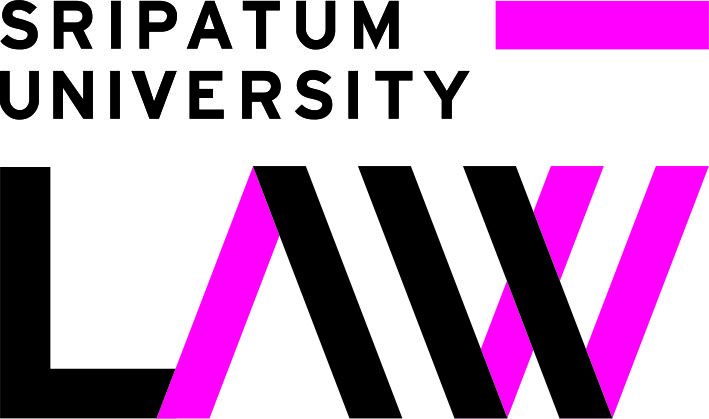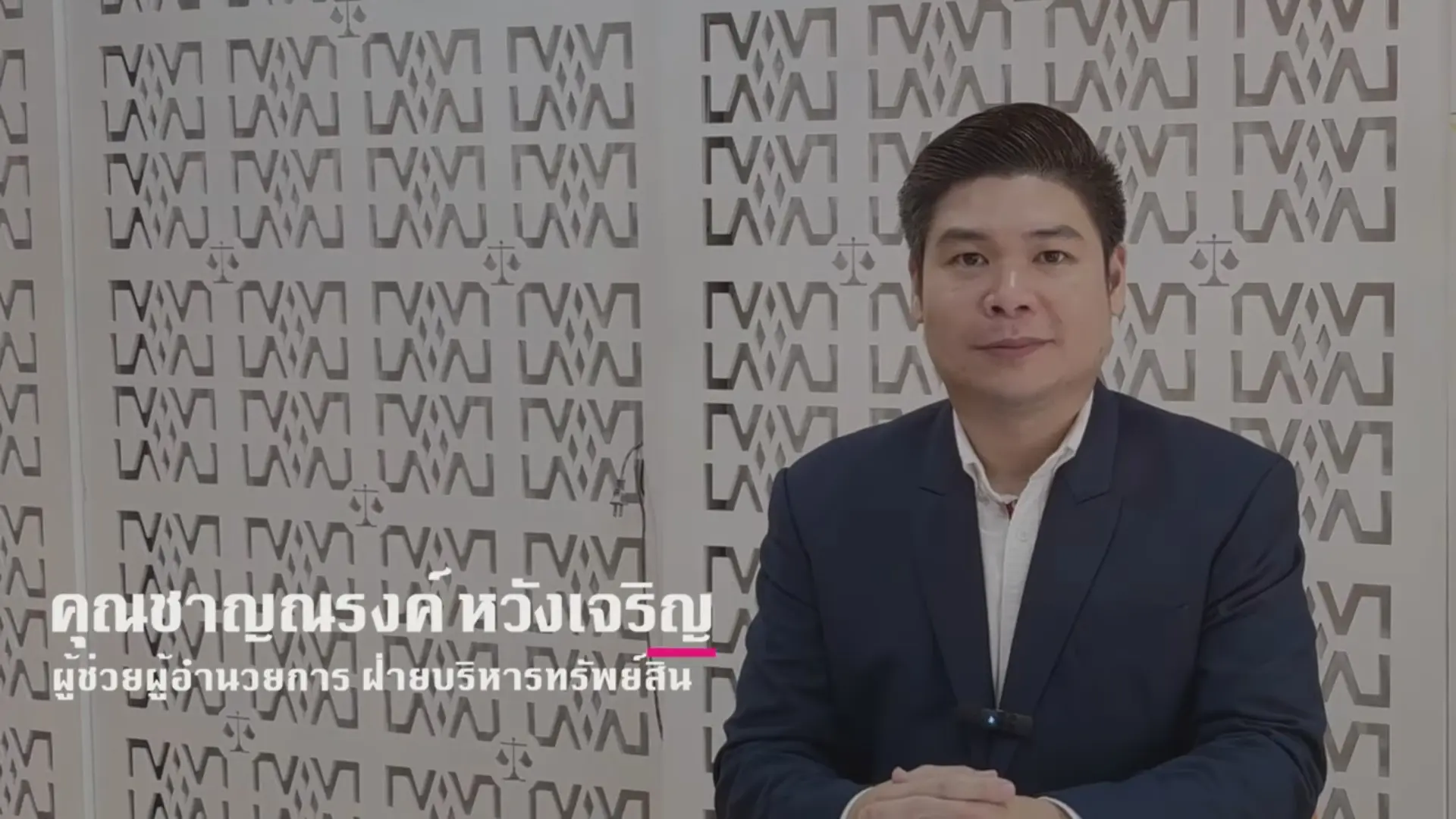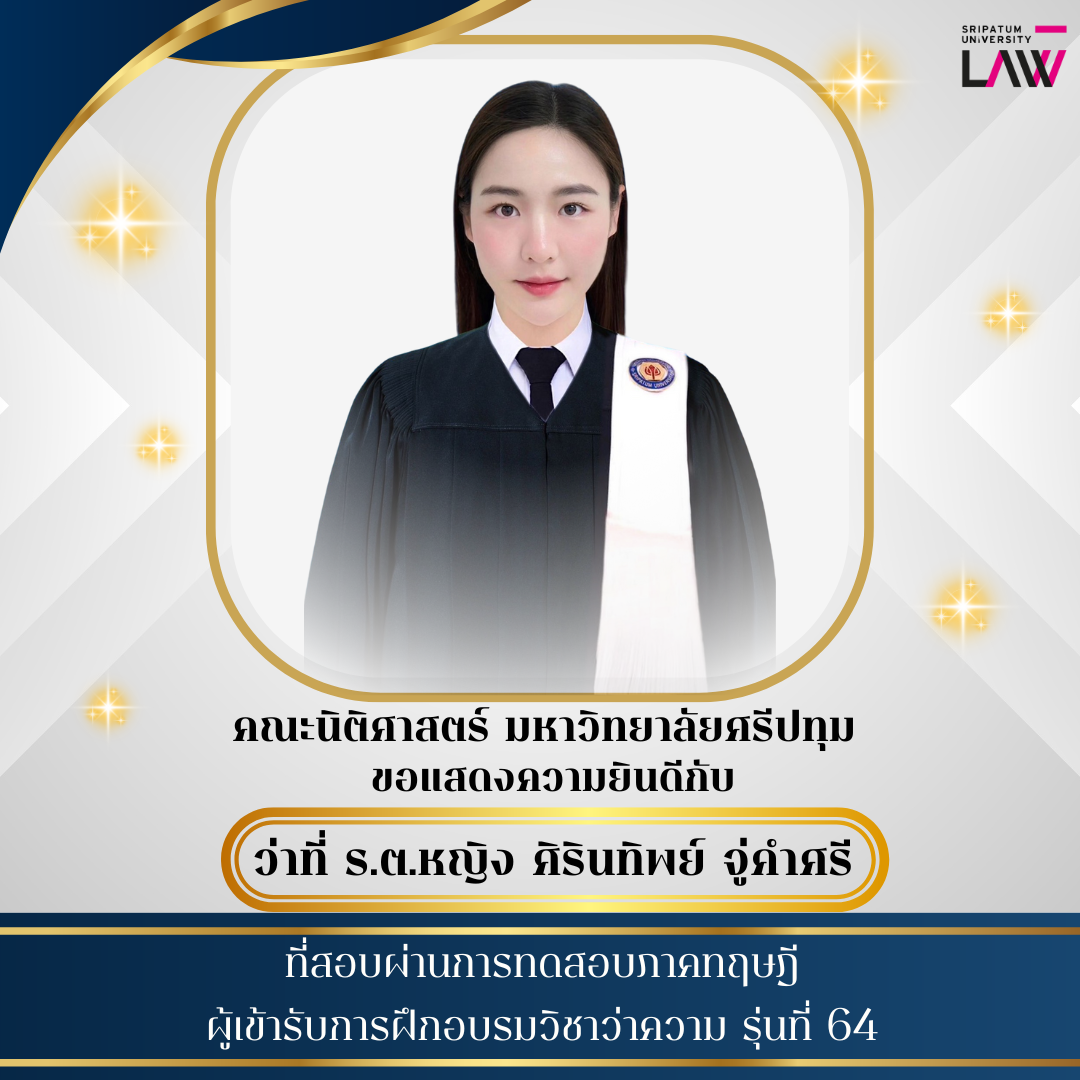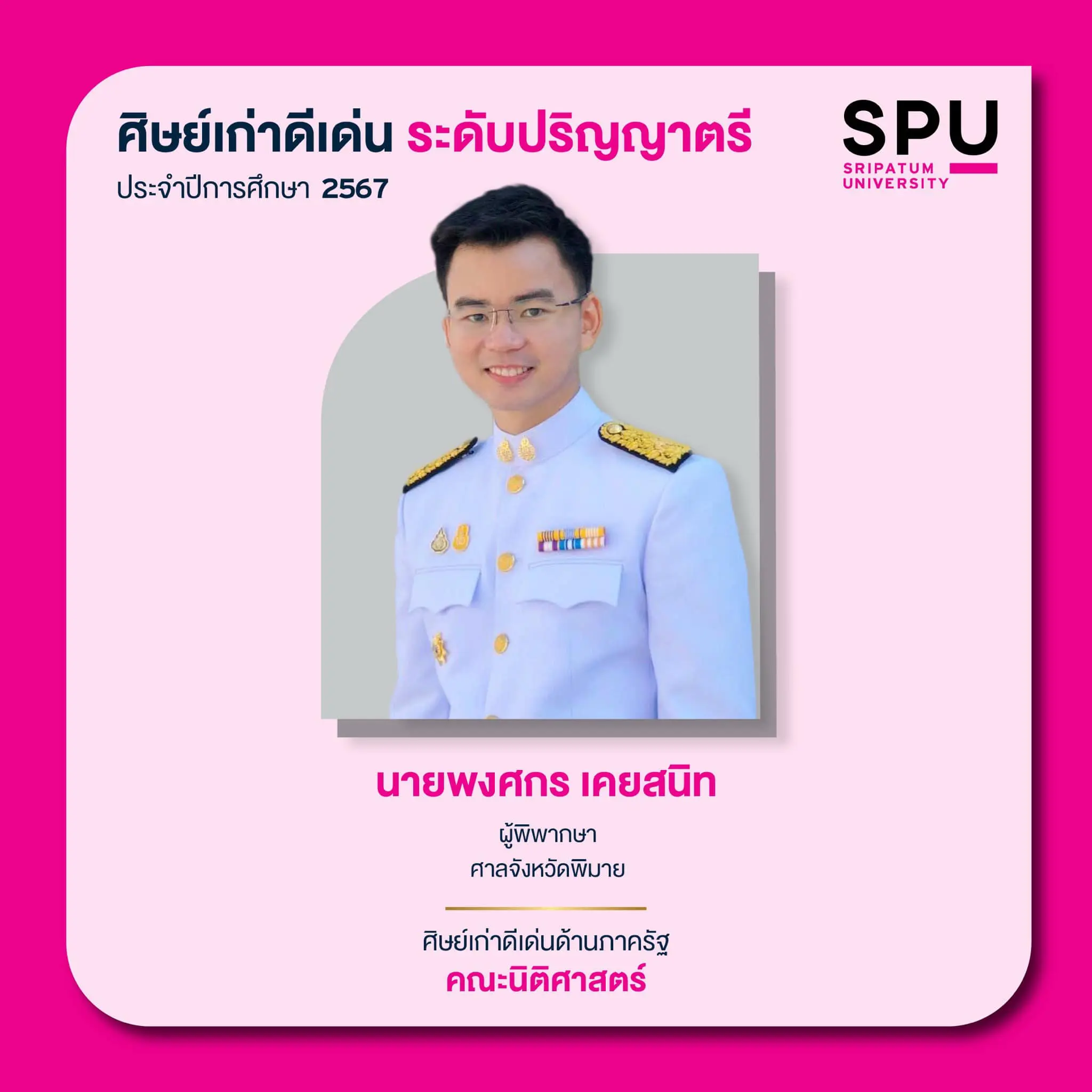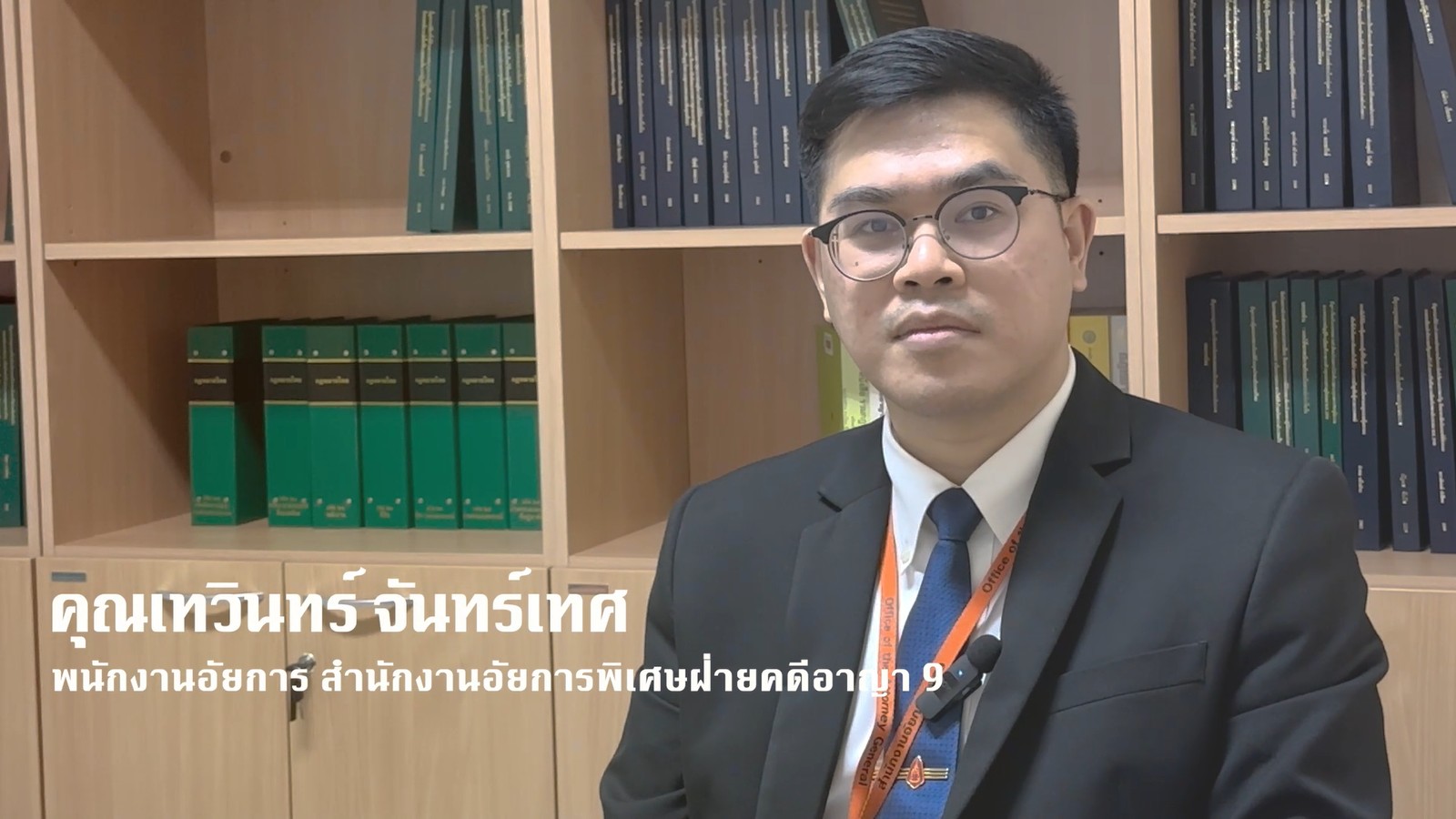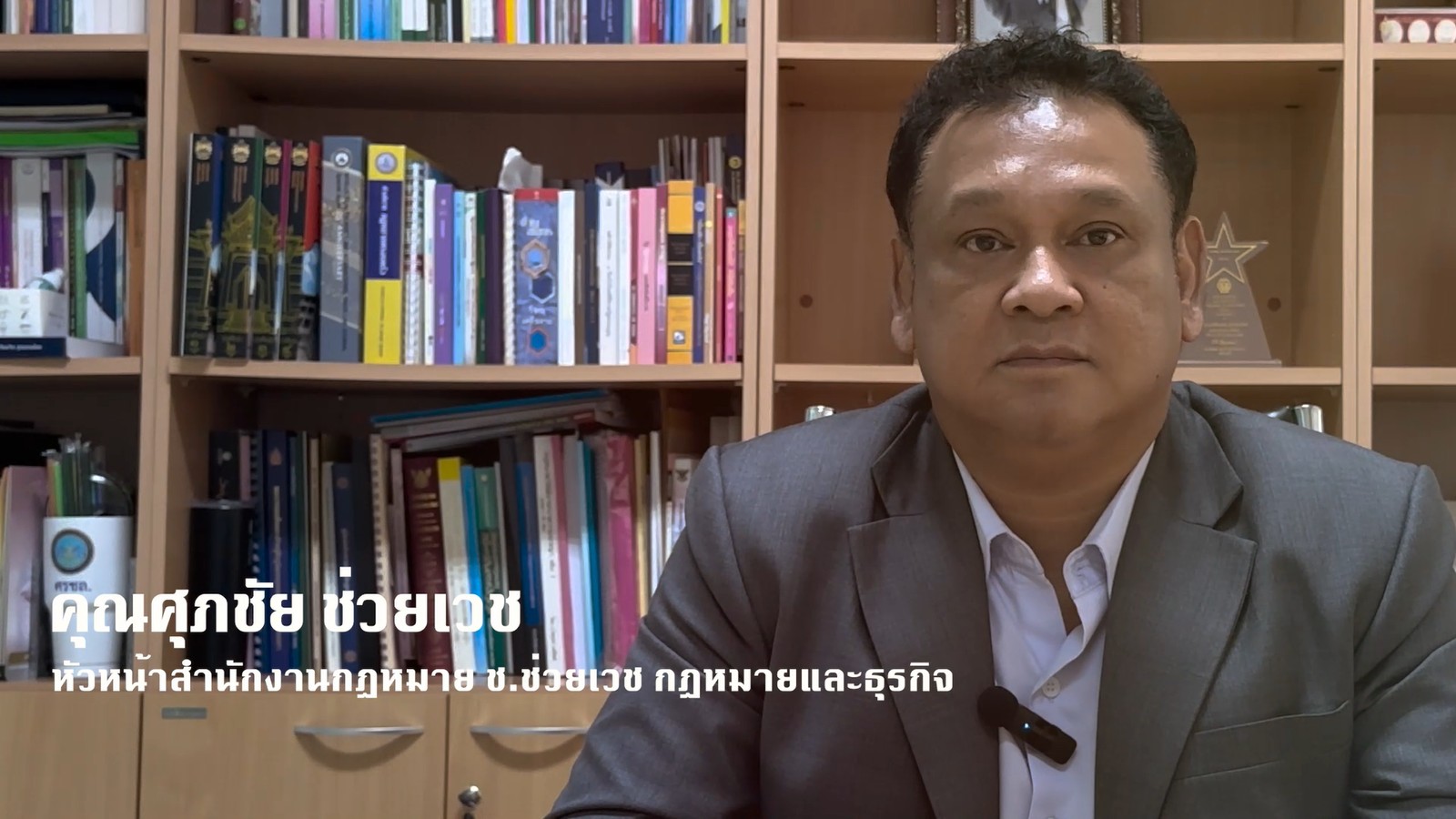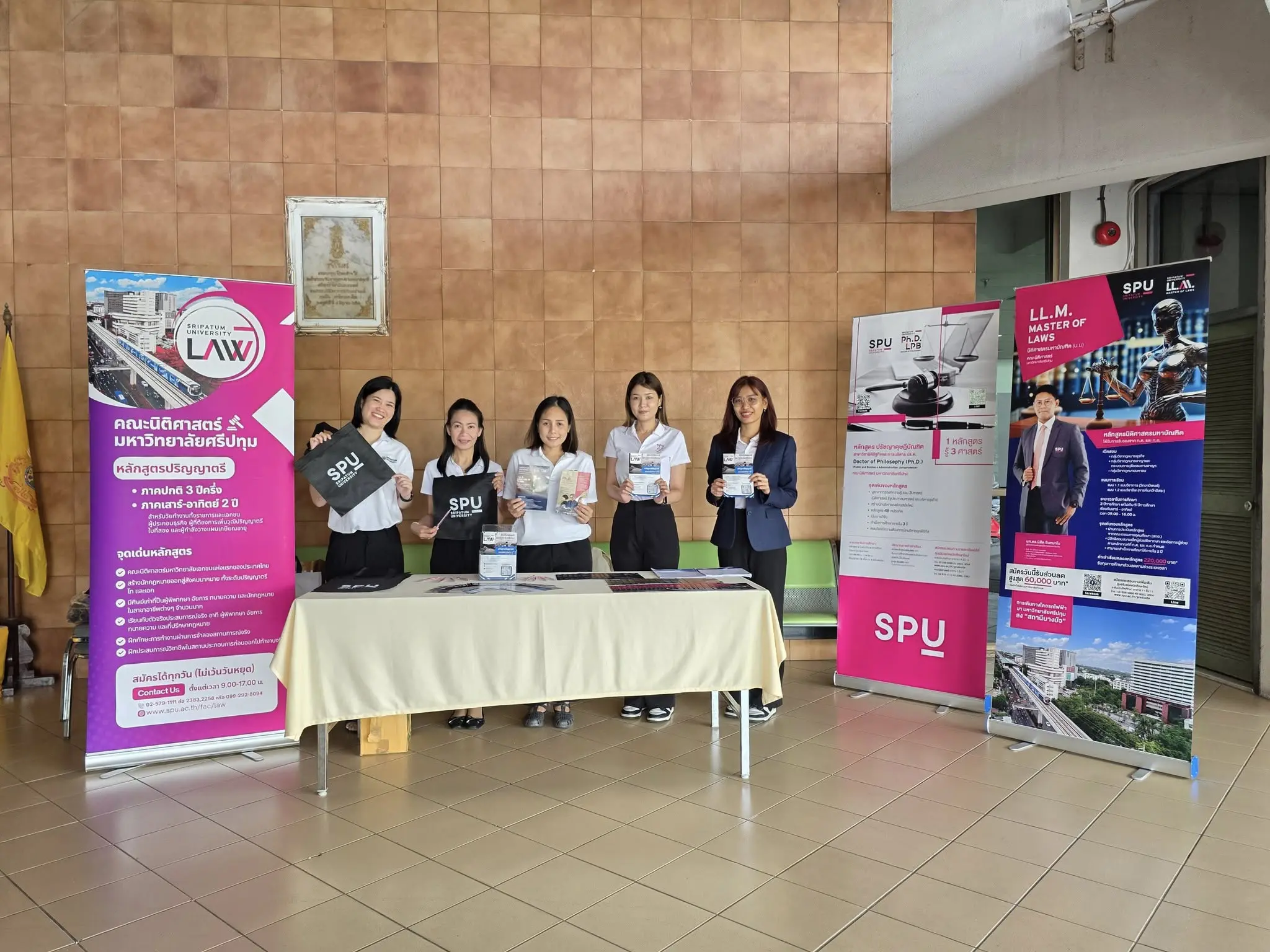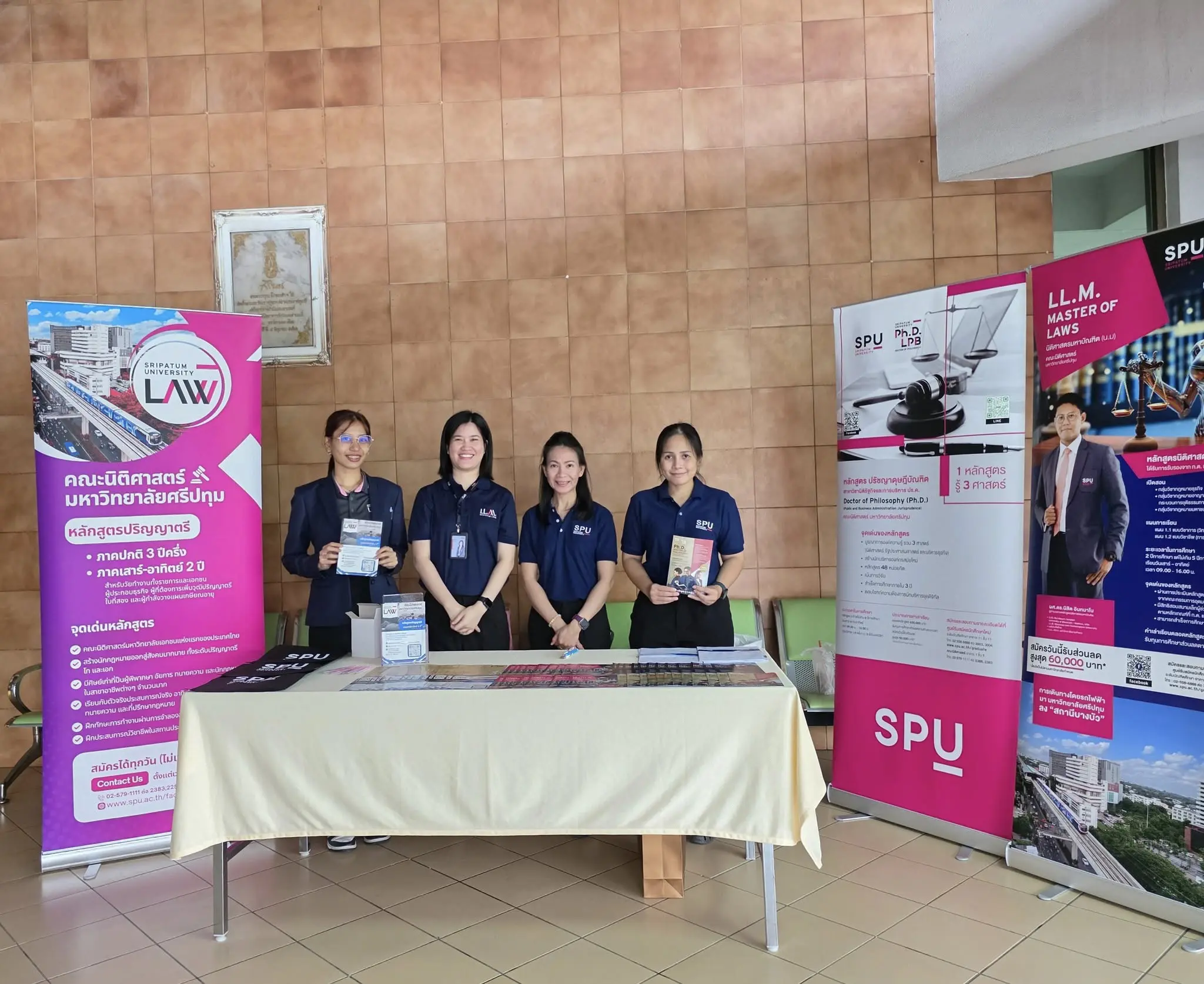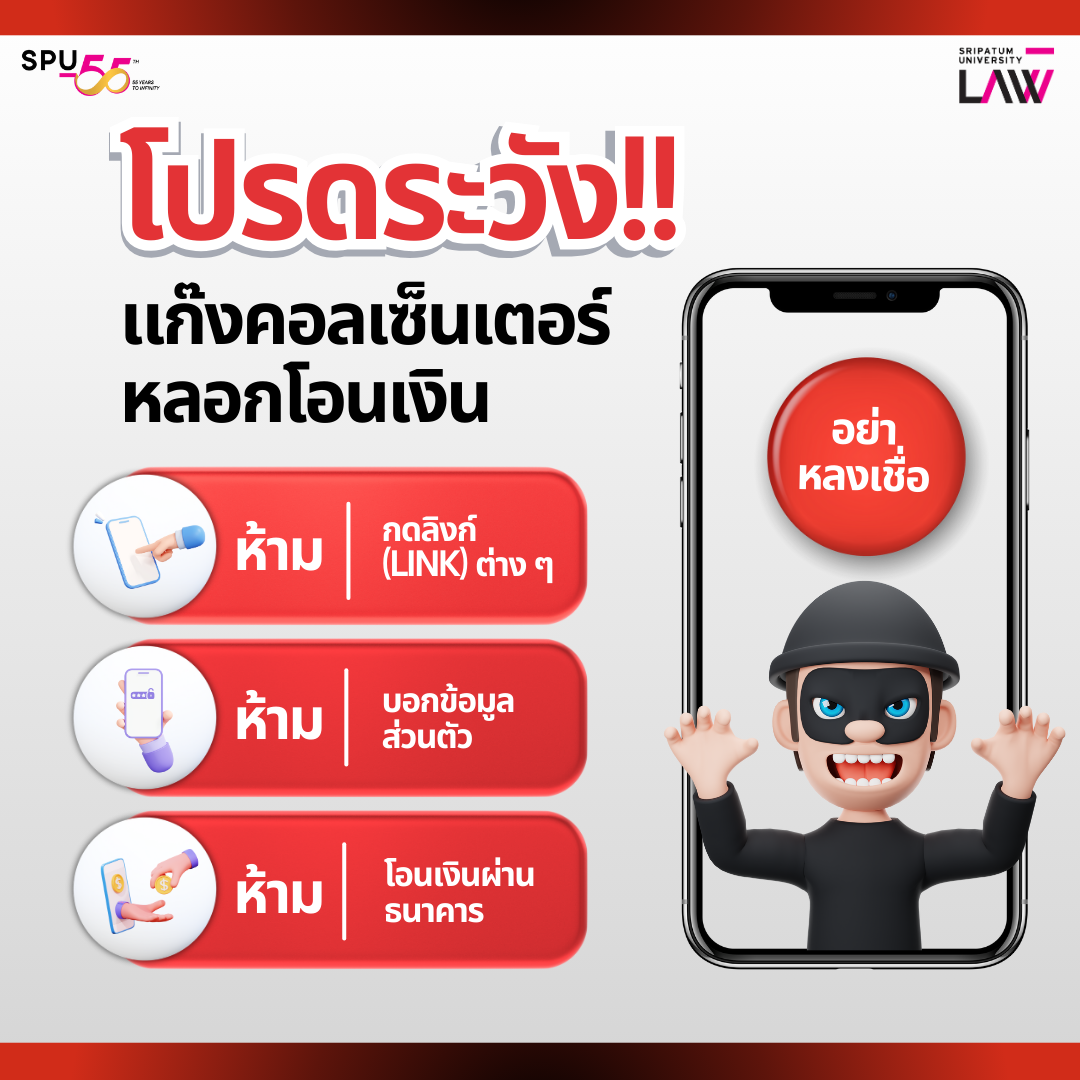Using ChatGPT to Help Request Research Funding
Source of Funding
Requesting research funding Those who wish to conduct research must submit a topic, research plan, and the amount of funding they need to an external agency so that the external agency can consider the interestingness of the topic, the feasibility of the research plan, and the appropriateness of the amount of funding requested. Since this type of funding originates from the financial needs of those interested in conducting research, not from an external agency, it is an academic work in which those interested in conducting research have considerable freedom of thought.
Researchers must search for funding sources by themselves. The agencies that support funding for researchers include the National Science and Technology Development Agency (NSTDA), which announces a large number of research grants each year. Each year, there are different types of research topics. Interested parties can follow the news at https://www.tsri.or.th/ and http://nriis.nrct.go.th/.
Project Writing
Those interested in doing research must write a research project, which includes the research topic, principles and reasons for the study, objectives of the study, expected results from the study, and research methods.
Also consider these factors:
1. Clearly define the research objectives: Be clear about the purpose, significance, and potential impact of the research.
2. Research funding opportunities carefully: Read the criteria and eligibility criteria carefully to ensure that your project is eligible.
3. Develop a well-structured proposal: A grant applicant’s proposal should be well-organized, concise, and understandable, including an abstract, introduction, methods, timeline, budget, and expected outcomes. Make sure the proposal meets the funder’s specific needs.
4. Seek feedback and peer review: Seek feedback from colleagues or mentors who have experience in research funding. These feedbacks can help improve your proposal.
5. Budget: Prepare a detailed and realistic budget that shows how funds will be used effectively. Clearly summarize costs related to personnel, equipment, materials, travel, and other related expenses.
6. Emphasize the qualifications and expertise of the applicant: Emphasize the qualifications of the applicant and the research team. Showcase the researcher’s achievements in conducting successful research projects and the researcher’s ability to achieve the proposed objectives.
7. Communicate the potential impact: Clearly describe the potential benefits and impact of the research. Explain how it meets the needs of funders and contributes to knowledge development or social benefit.
Internal university procedures
In terms of internal university processes for starting research for funding requests, in the case of requesting external research funding, the agency directly responsible for this matter is the Research Promotion and Development Center. When those interested in conducting research receive research funding from an external agency, they must first request approval to conduct research through this center. The steps for requesting approval are as follows:

ChatGPT can be a tool to help with research funding requests in the following ways:
1. Idea generation: ChatGPT can help researchers brainstorm and generate new ideas for their research projects. Providing relevant data and insights can help expand the scope of research and identify potential avenues for exploration.
2. Literature Review: ChatGPT can help conduct a literature review by summarizing and synthesizing existing research. It can help researchers identify key concepts, related studies, and key findings within a specific field of study.
3. Writing assistance: ChatGPT can help with writing research papers, proposals, and abstracts. It can provide suggestions and help with content structure and format.
4. Fact-checking and referencing: ChatGPT can help researchers fact-check their work, provide reliable sources and citations, and help identify reliable sources, verify claims, and adhere to proper citation styles.
By Asst. Prof. Pimchanok Chanwichit who has applied and received 1 research grant.


